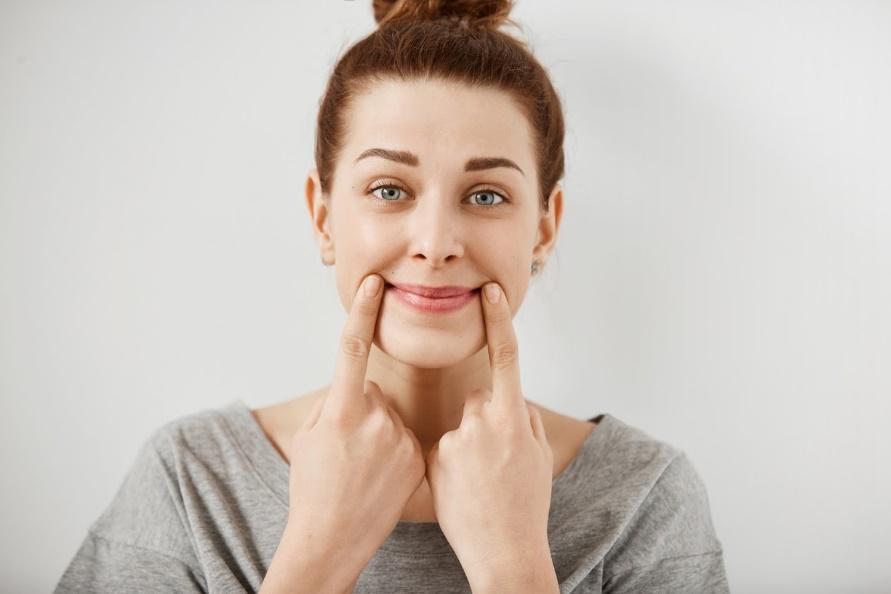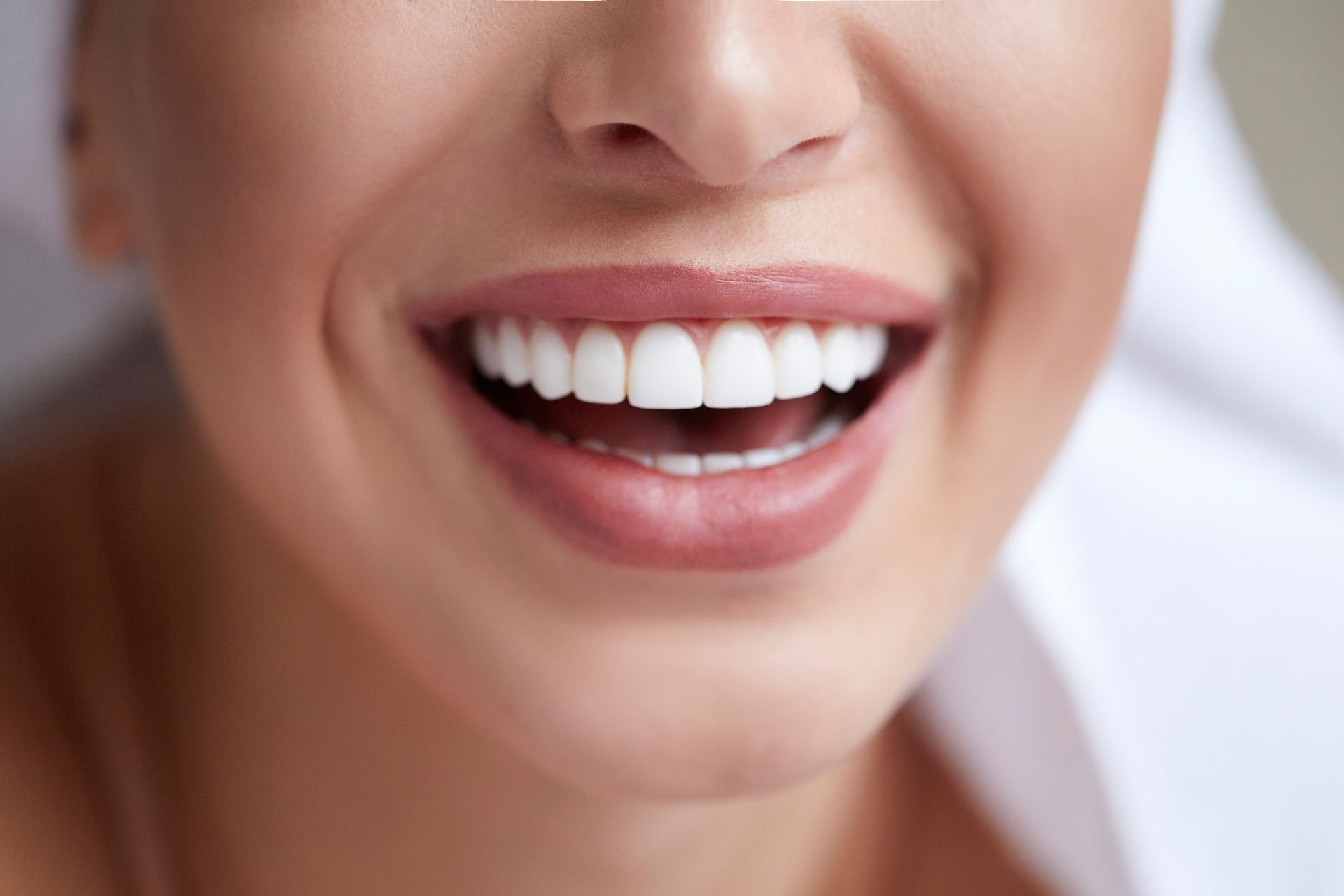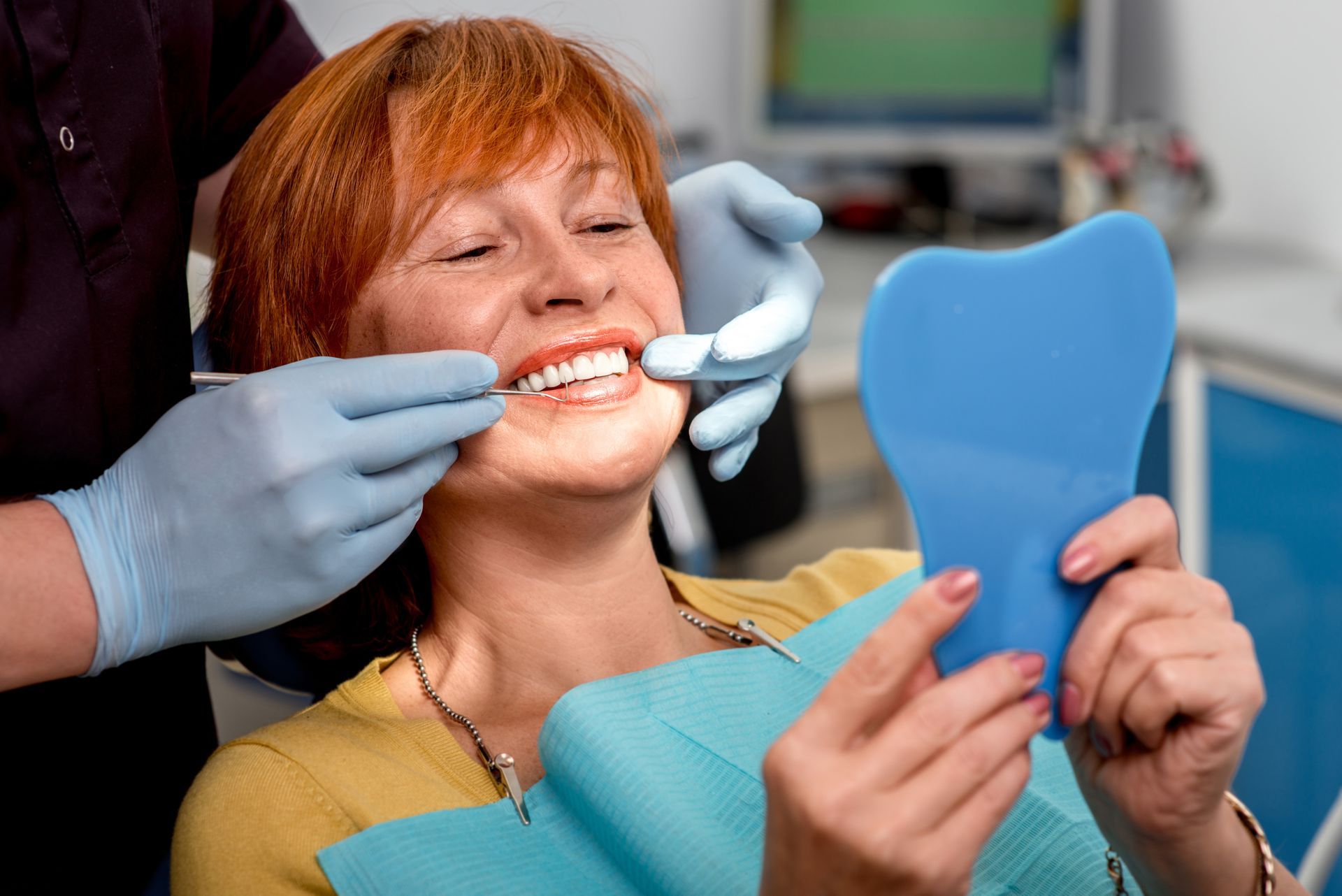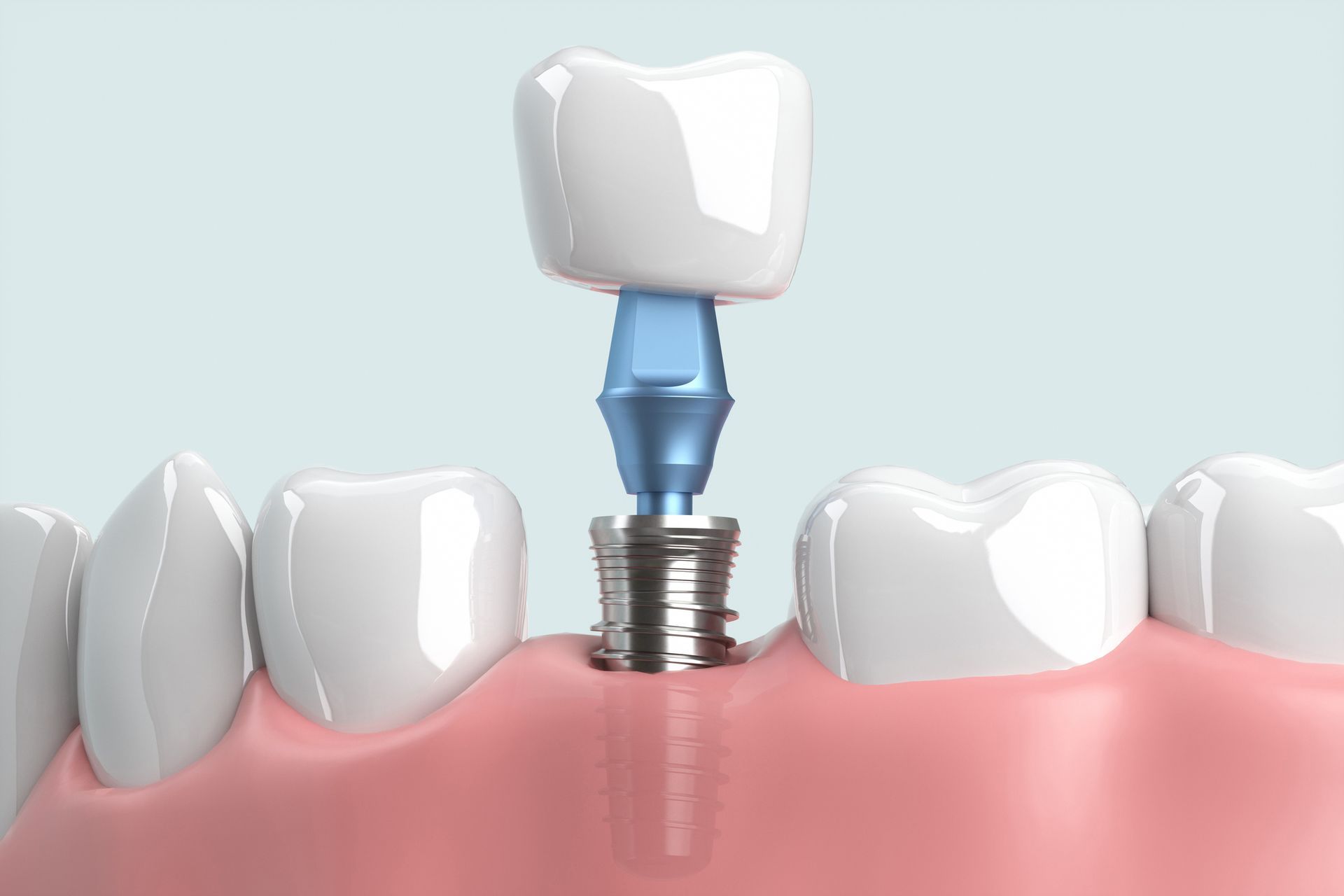HOW MISSING TEETH AFFECT YOUR JAWBONE AND FACE
- By Admin
- •
- 07 May, 2019

If you have a missing tooth, you already know how it can affect your self-esteem and make eating difficult. However, missing teeth affect your jawbone and face in more ways than you may realize. Some of these changes could cost a lot of money to reverse. If you have missing teeth, check out how they can affect the overall shape and health of your jawbone and face.
Your Lower Jawbone May Atrophy
If you broke your arm and were unable to use it for months, the muscle will likely shrink a little because it hasn't been being used. Your jawbone is similar; if there are no teeth, the jawbone shrinks. If you only have one or two teeth missing, you may not even notice the change, but if all or most of your teeth are missing, this can make your jawbone weak.
A weak jawbone can cause many problems, including a fractured jaw and tooth loss because the jawbone can't support the remaining teeth. With a weak jawbone, dental implants and dental bridges are out of the question, leaving you with dentures as your only option. Depending on your budget, however, your dentist may be able to rebuild your jawbone with bone grafts.
Your Sinuses May Be Affected
If many upper teeth are removed, your lower jawbone may not be the victim: it may be your upper jawbone. Even a small change in the size of the jawbone, such as from a single missing tooth can cause problems with your sinuses.
Your sinuses are already close to your teeth. In fact, some people's back molars' roots penetrate the sinus cavity. Making this smaller puts the sinus cavity even closer to the teeth. This may not be a problem if you don't care about replacing the tooth. However, if you want a dental implant, you will need a sinus lift to add bone.
Your Bite May Be Off
Even one missing tooth can affect your bite. At first, you may not notice anything except food getting stuck in the gap, but over time, your teeth will shift to fill in the gap. This can cause your teeth to hit each other in the wrong spot when eating or talking, which increases the risk of chips or cracks. Both a dental bridge and dental implant will stop this from happening.
Your bite may also be affected because of the changes in your jawbones. As they shrink, your teeth can stop hitting each other at the right time and spot. Unfortunately, a dental bridge can't fix this problem because it won't stimulate the jawbone and keep it healthy. A dental implant, however, will stimulate the jawbone to keep it strong.
Your May Experience Face Collapse
Finally, if you have a lot of missing teeth for a long time, the total shape of the lower half of your face may change. The shrinking jawbones can make your face look shorter than it should be. A shrinking lower jawbone can also cause the bone to rotate forward.
The lips can also change because they no longer have support. The muscles around the lips may begin to change, causing more wrinkles than normal, making you look older. Plus, the upper lip can become pronounced and look long, which can also make your nose look bigger.
Teeth are important for eating and talking, but they also help form your face. Having a single missing tooth may not change your appearance much, but it can create complications like shifting teeth. If you have any missing teeth, it may be a good idea to consider dental implants or dental bridges to help restore your smile. For more information, contact us at Bradley Piotrowski, DDS, MSD, LLC, today.













